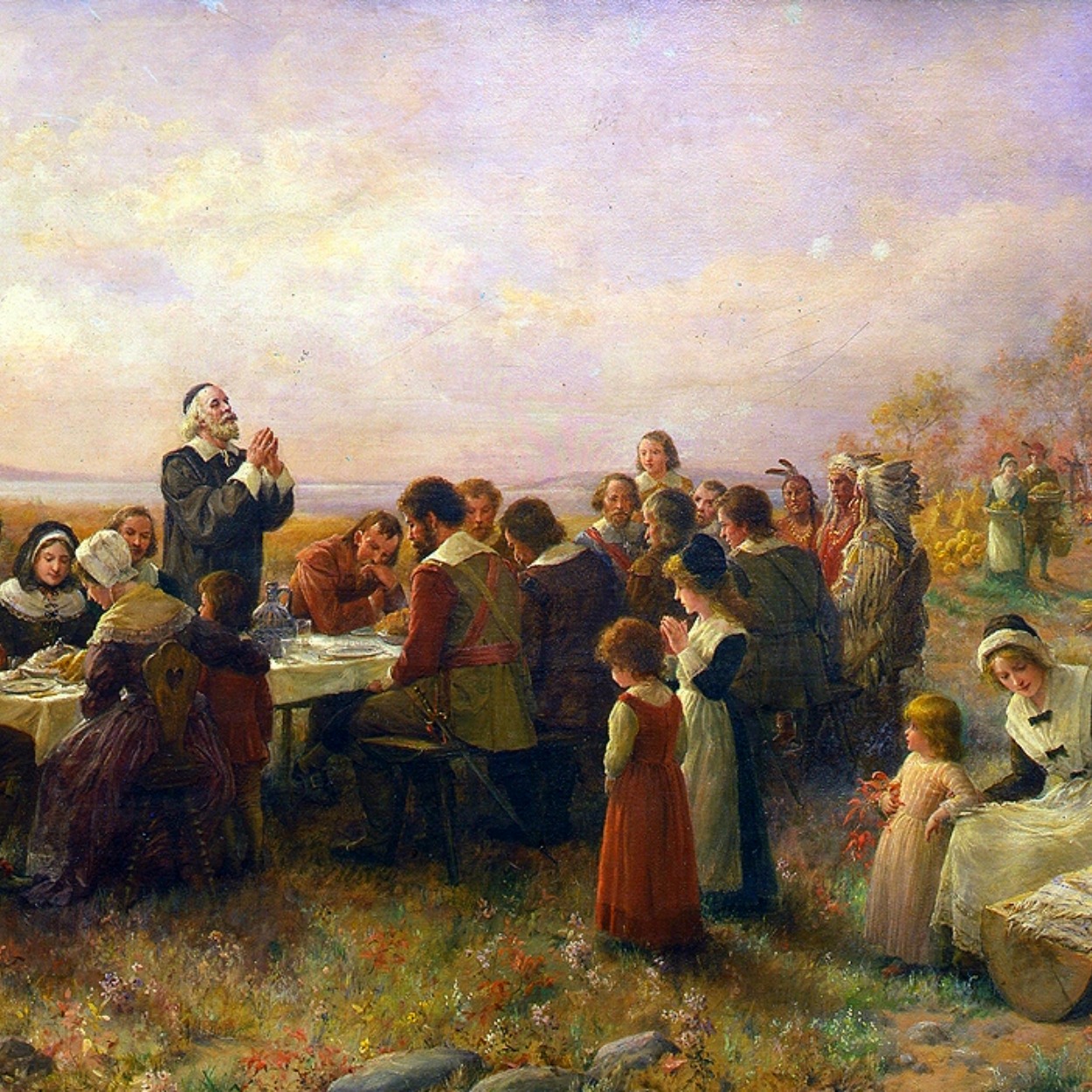For the last four years, I have volunteered as an administrator in a large Facebook group directed toward members of The Church of Jesus Christ of Latter-day Saints who are experiencing faith crises/trials of faith. During this time, I’ve seen an explosion online of Latter-day Saint “influencers.” These are individuals, groups, or organizations who become popular for creating various media content (videos, blogs, podcasts, social media posts, etc.) that centers around topics related to the Restored Church. Many of these influencers are keeping in line with church leadership’s charge last summer to use social media to “love, share, and invite.”
However, not all faith-related content creators are successfully building faith. I have seen how, when members give some of these voices too much authority, their worldviews are slowly warped in ways that are not consistent with the gospel.
Often, Latter-day Saint faith crises spring up from what we call the “big list criticisms”—Book of Mormon anachronisms, seer stones, polygamy, etc. Many of these criticisms have been discussed at length by various scholars and writers for many years, and if someone is troubled by one or more of these issues, we can point them to various resources for them to understand the issue better. However, compounding the frustration of these sorts of questions is that so many of us, unbeknownst to ourselves, have adopted secular assumptions that color the way we view questions about the Church and the gospel. Dr. Edwin Gantt has previously written an excellent series about these assumptions. Content creators, often motivated by popularity, are particularly susceptible to secular worldviews, even if their intention is to strengthen faith. Perhaps that is why in his closing remarks of the most recent General Conference, President Russell M. Nelson warned, “If most of the information one gets comes from social or other media, the ability to hear the whisperings of the Spirit will be diminished. … Even Saints who are otherwise faithful can be derailed by the steady beat of Babylon’s band.”
When following content creators or engaging in social media groups, it is essential to critically evaluate what faith-based media we are consuming, as it influences our spiritual and mental health, our relationships, and our priorities. Age or lack of online presence is not an excuse for obliviousness or failing to do some basic research. For those in a position of significant influence within the Church or broader church (working at church-adjacent institutions, local leaders, scholars, popular writers), there is also a responsibility to discern carefully who you promote to those within your sphere of influence. Appearing on a podcast, writing a book blurb, inviting someone to appear in media you are involved in, and so on, will be interpreted by the general public as an endorsement, whether that is your intention or not.
Below, I’ve put together a set of questions to evaluate whether an influencer, group, or organization is pointing its followers to Christ. This is not an all-encompassing list, and I don’t think answering any question in one particular way necessarily means the influencer is “bad” or that they don’t offer anything of value and should be completely avoided. Instead, we might look at the general trends this influencer is setting and determine how their words might affect vulnerable testimonies.
Before I begin, I want to be clear that what follows is not a means to evaluate personal relationships. Many of my most treasured loved ones have differing beliefs, including those who have left the Church altogether. I believe meaningful relationships can and should be cultivated with those who have different views than we do, and I think we are better off because of those relationships. Instead, I am pushing for a more critical evaluation of the voices we allow to influence and shape our faith trajectory, and in the case of more public Latter-day Saints with larger platforms, the voices we choose to promote or elevate.
Some proposed evaluation questions:
- How often does this person speak of Christ—and describe ways their life has been influenced, changed, and healed through His power and influence? When giving advice on church matters, do they overemphasize secular strategies for navigating the Church, rather than emphasizing building a personal relationship with Christ?
- Does this person, account, or organization present partisan politics as the primary solution for spiritual problems? Do they offer personal or therapeutic strategies and interpretations to the near exclusion of “small and simple” methods which church leaders have repeatedly taught? How often does this influencer encourage foundational principles of spiritual nourishment (prayer, church attendance, service, scripture study, temple worship)?
- Do they voice their sustaining of the Lord’s servants and not some imaginary future church leaders with different views? Do they explicitly or implicitly criticize Church leaders? Do they encourage prioritizing “authenticity,” and “individual truth” (often in a language of “personal revelation”) over following the united voice of the first presidency and quorum of the twelve apostles?
- Do they present the experience of being a Latter-day Saint as mostly an unhappy one? Are they using trendy, therapeutic language such as “trauma,” “Gaslight,” “harm,” and “toxic” to describe their relationship with the Church? Is their heart at war, or at peace?
- Does this person or initiative engender anger or strong negative emotions in you? Is this a place where people “hiss and gnash teeth”?
- Who are their followers? How do they respond to followers who disparage religion, Christianity, and the Church itself? Are a significant number of their own followers leaving the Church or becoming critical of it?
- What connections does this person, account, or organization have? Are they primarily interacting with others who promote faith in Jesus Christ, sustain faith leaders, and find joy in the gospel?
- More broadly, does this person, account, or organization demonstrate and encourage Christian charity, including forgiveness and interpreting others in the most charitable light? Or does it generate suspicion and hostility towards those who disagree?
In his first General Conference as president of the Church, President Russell Nelson warned, “In coming days, it will not be possible to survive spiritually without the guiding, directing, comforting, and constant influence of the Holy Ghost.” In his most recent message, he added a caution about how easy it can be to be “derailed by the steady beat of Babylon’s band” that can dominate and distract us from this same still small voice, suggesting “If most of the information you get comes from social or other media, your ability to hear the whisperings of the Spirit will be diminished.”
Taking inventory of the overall influence on our mind and heart seems especially important these tumultuous days. Especially when our spiritual survival is on the line, we need to be willing to take steps to reduce and even eliminate the influence of voices that compete with the Holy Ghost for our attention and desires.

















